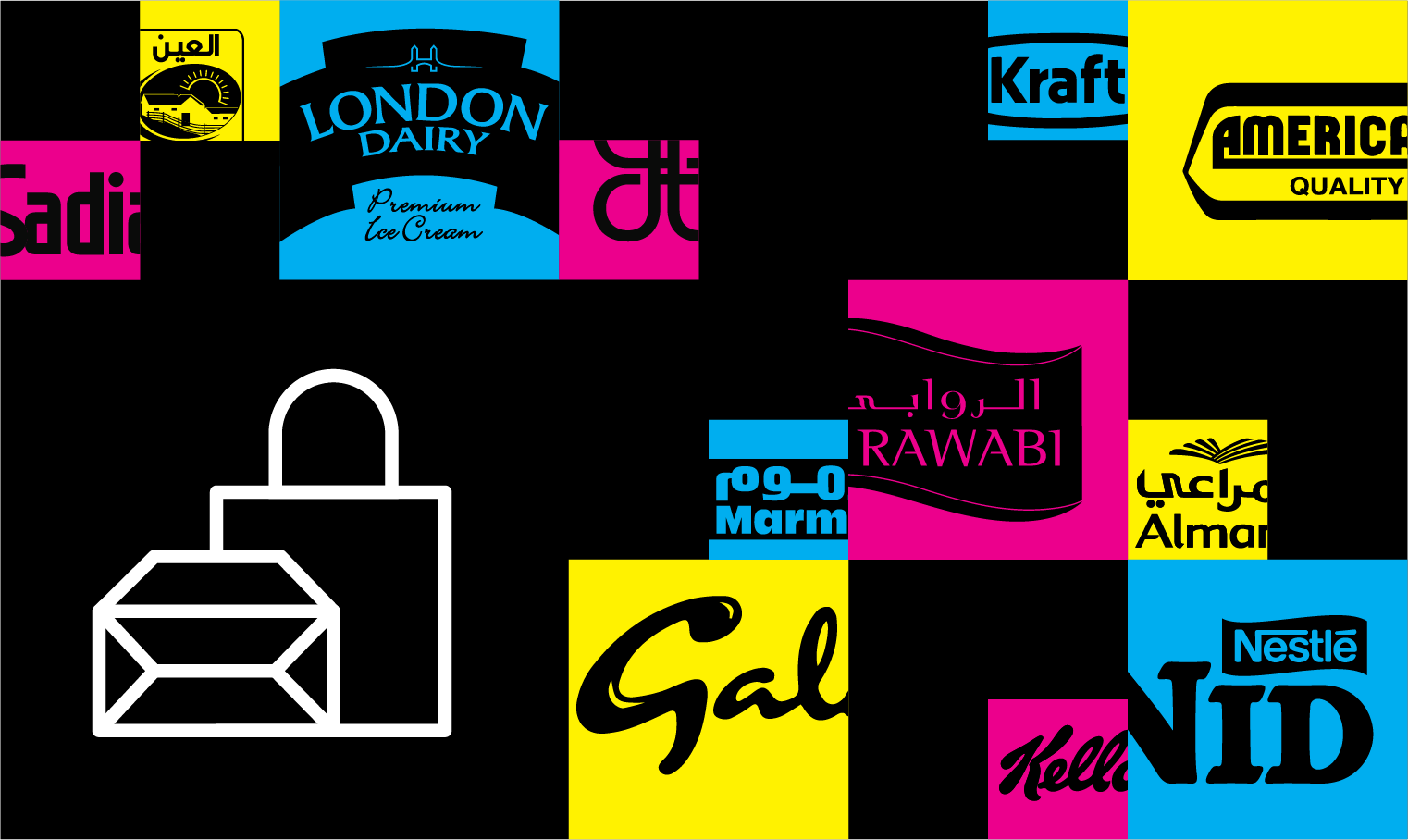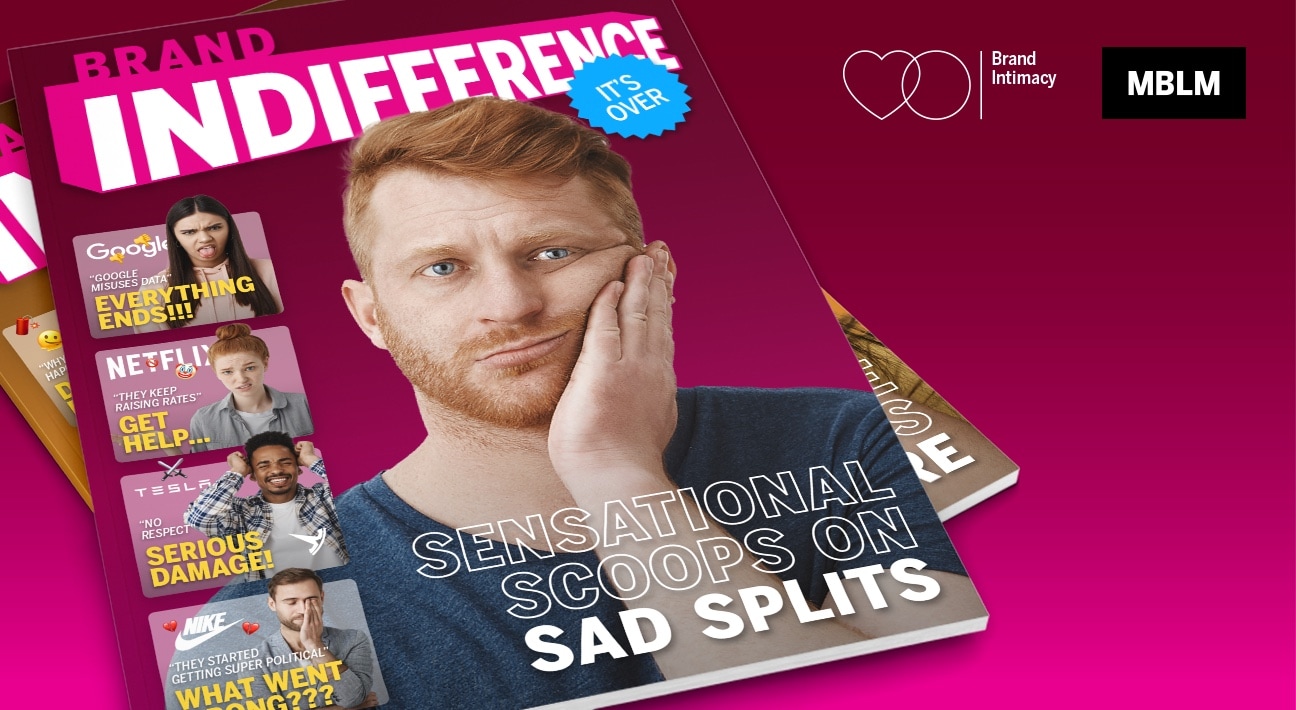Indulgence elevates consumer goods industry to third position in the UAE

Nido takes the top spot from Kraft, which dropped down to 7th place amongst consumer goods brands, according to MBLM’s 2018 Brand Intimacy Report.
The consumer goods industry in the UAE built stronger relationships with customers this year, surpassing both apparel and financial services since 2017 to come in as the third most intimate category in MBLM’s 2018 Brand Intimacy Study. The industry increased its brand intimacy quotient from 29.8 in 2017 to 33.1 this year, scoring above the industry average of 30.5 out of a maximum 100.
Brand Intimacy is defined as a new paradigm in marketing, which leverages and strengthens the emotional bonds between a person and a brand. The study reveals that top intimate brands deliver superior results related to revenue and profit growth by creating deeper relationships with their consumers.
Nestle’s Nido was the most intimate brand in the consumer goods industry, leading with a higher score amongst men, millennials and high-income users. The brand ranks highly in the nostalgia archetype, indicating patterns of focusing on positive memories of the past. Looking across categories, Nido was also the only FMCG brand in the report’s top 10 across industries, coming in #7 overall with a brand intimacy quotient of 59.
Regional brands occupied an equal number of positions as international ones in the top 10. This could indicate a potential indifference to product origin, a finding of interest in a region where the majority of consumer goods are imported brands.
“The prevalence of regional brands could also indicate strong future prospects for the industry,” stated William Shintani, managing partner at MBLM Dubai. “As the region focuses on food security and increasing local production, brands have an opportunity to take advantage of the UAE’s evolving lifestyle and consumption patterns, and the diverse range of culturally influenced product preferences found here.”
Other findings of note in MBLM’s Brand Intimacy 2018 report include:
- Indulgence, which centers on moments of pampering and gratification, was the dominant archetype in the category
- UK chocolate brand Galaxy was dominant in this archetype across multiple demographics, ranking #2 in the industry and #18 overall
- Americana Group ranked #3 in the industry and was the highest scoring regional brand in consumer goods
- Nido and Galaxy had equal percentages of customers in sharing, the first stage of Brand Intimacy, but Nido outpaced the milk chocolate brand with 14% of its users in fusing, the most advanced stage
- Lebanese luxury chocolatier Patchi ranked #8, falling from 5th place last year
- UAE based Al Rawabi jumped five spots since 2017 to rank #6, adding to the pool of top ten regional brands
This year’s report contains the most comprehensive rankings of brands based on emotion, analyzing the responses of 6,000 consumers and 54,000 brand evaluations across 15 industries in the U.S., Mexico and the UAE. MBLM’s reports and interactive Brand Ranking Tool showcase the performance of almost 400 brands, revealing the characteristics and intensity of consumer bonds.
To view the consumer goods rankings, click here. To download the full Brand Intimacy 2018 Report, click here.
Methodology
During 2017, MBLM conducted an online quantitative survey among 6,000 consumers in the United States (3,000), Mexico (2,000), and the United Arab Emirates (1,000). Participants were respondents who were screened for age (i.e. 18 to 64 years of age) and annual household income ($35,000 or more) in the U.S. and socioeconomic levels in Mexico and the UAE (A, B, and C socioeconomic levels). Quotas were established to ensure that the sample mirrored census data for age, gender, income/socioeconomic level, and region. The survey was designed primarily to understand the extent to which consumers have relationships with brands and the strength of those relationships, from fairly detached to highly intimate. It is important to note that this study provides more than a mere ranking of brand performance and was specifically designed to provide prescriptive guidance to marketers. We modeled data from a total of 54,000 brand evaluations to quantify the mechanisms that drive intimacy. Through factor analysis, structural equation modeling, and other sophisticated analytic techniques, the research allows marketers to better understand which levers need to be pulled to build intimacy between brands and consumers.

